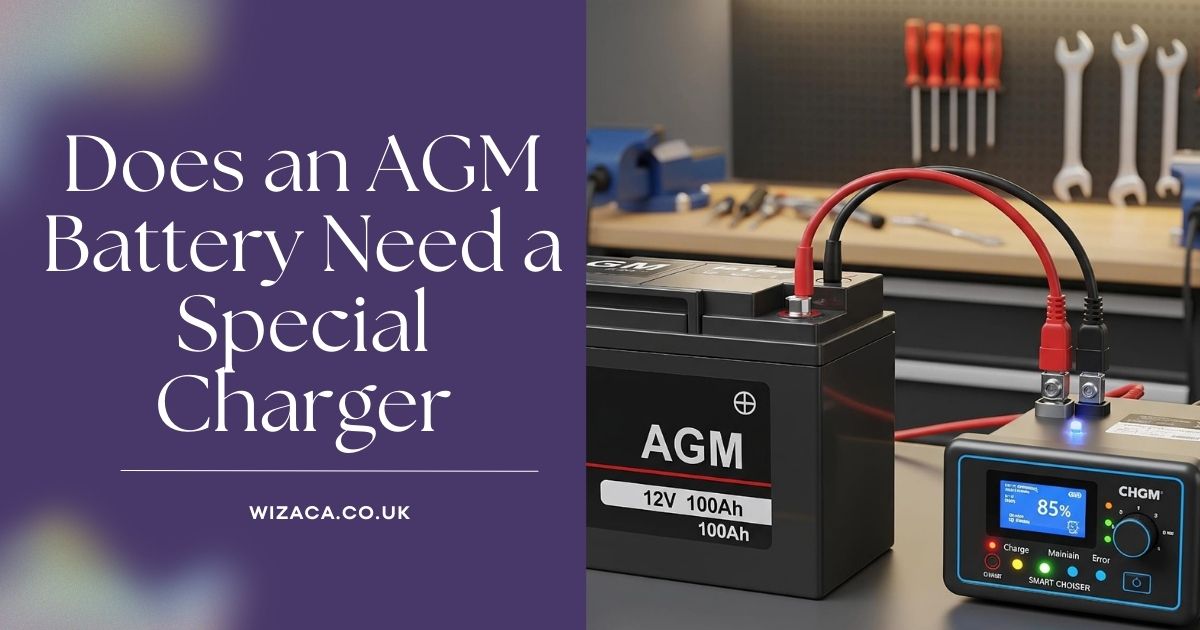Yes, in vehicles with internal combustion engines, the air conditioning (AC) system indirectly runs on gasoline (or diesel). While the AC system itself doesn’t use gas as fuel, it relies on the engine’s power, which comes from burning gas, to operate the AC compressor. This means running your car’s AC can increase fuel consumption.
Let’s break down how the AC system works in relation to gas usage and how much extra fuel it might consume.
How Does a Car’s AC System Use Gas?
1. Powered by the Engine
- The AC compressor is driven by a belt connected to the engine’s crankshaft.
- When you turn on the AC, the compressor compresses refrigerant and circulates it through the system to cool the cabin.
- This adds an extra load on the engine, requiring it to work harder, which in turn burns more gasoline.
2. Increased Engine Load = More Gas Usage
- The harder your engine works, the more fuel it consumes.
- Turning on the AC increases the engine’s workload, leading to higher gas consumption, especially in stop-and-go traffic or when idling.
How Much Gas Does the AC Use?
- Running the AC can reduce your fuel efficiency by 5% to 20%, depending on:
- The outside temperature (hotter weather = harder working AC).
- The vehicle type and engine size (larger engines handle AC load better than smaller ones).
- Driving conditions (city driving often increases fuel usage more than highway driving).
Example:
- If your vehicle gets 30 miles per gallon without AC, running the AC may drop it to 25-28 miles per gallon under certain conditions.
Does AC Use Gas in Hybrid or Electric Vehicles?
Hybrids
- In hybrid cars, the AC can be powered by both the gasoline engine and the electric battery.
- When the engine is running, the AC draws power from it; when the car is in electric mode, the AC can run on battery power.
Electric Vehicles (EVs)
- In EVs, the AC runs entirely on electric power, which comes from the battery pack, not gasoline.
- Running the AC in an EV can reduce the driving range, as it consumes battery energy.
Does Running the AC While Parked Use Gas?
Yes, in gas-powered vehicles.
- If your engine is idling with the AC on, you are burning fuel to keep the engine running and power the AC compressor.
- Idling with AC on can burn about 0.2 to 0.5 gallons of fuel per hour, depending on the engine size.
How to Reduce Gas Usage While Using AC
- Use AC Sparingly
Run the AC at lower fan speeds and avoid max cool settings when unnecessary. - Pre-Cool the Car Wisely
Open windows briefly before turning on the AC to let hot air out. - Park in the Shade
Keeps the car cooler, reducing the workload on the AC system. - Use Recirculation Mode
This helps cool the air inside the cabin faster without constantly pulling in hot outside air.
Conclusion
Your car’s AC system doesn’t burn gasoline directly, but it depends on the engine, which runs on gas, to power the compressor. As a result, using your AC can increase fuel consumption, especially in hot weather or at lower speeds. In hybrids and EVs, AC uses electric power, but it can still affect overall energy efficiency.
FAQs
Does the AC Make My Car Use More Gas?
Yes. Running the AC increases engine load, which uses more gas.
Does Driving with Windows Down Use Less Gas Than AC?
At lower speeds, yes. But at highway speeds, open windows can cause aerodynamic drag, which may reduce fuel efficiency more than using AC.
How Much Extra Gas Does AC Use?
It varies but can reduce fuel economy by 5-20%, depending on conditions.
Does AC Use Gas When the Car Is Idling?
Yes. If your engine is running, it’s burning gas, and running the AC adds extra load, increasing fuel use.
Do EVs and Hybrids Use Gas for AC?
- EVs: No gas—AC runs on battery power.
- Hybrids: AC may run on battery power or gas, depending on the system and driving conditions.
Also Check:
• Does Air Conditioning Use Gas?
• Does Air Conditioning Use Gas or Electricity?
• Does the Air Conditioner in a Car Use Gas?










